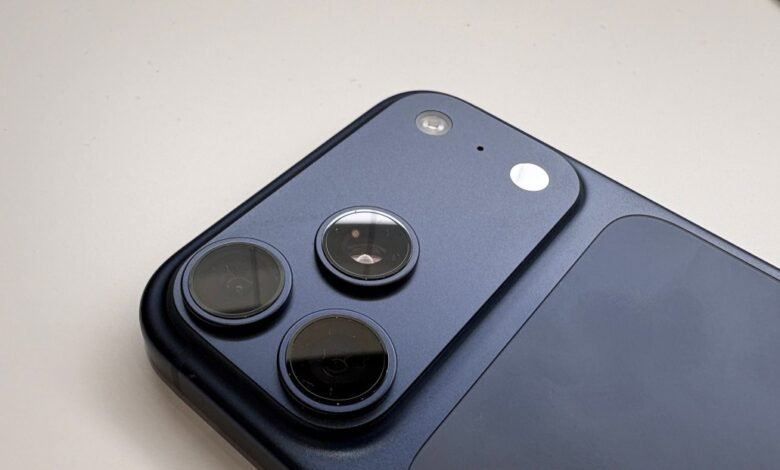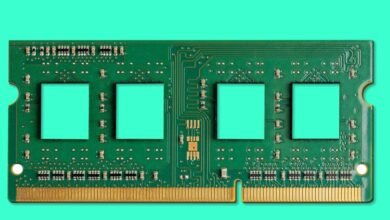iPhone 17 Unveils Major Security Upgrade, Apple Confirms

▼ Summary
– Apple introduces Memory Integrity Enforcement (MIE) in the iPhone 17 family, calling it the most significant memory safety upgrade in consumer OS history.
– MIE targets spyware like Pegasus by protecting key attack surfaces, including the kernel and over 70 user processes, using Enhanced Memory Tagging Extension (EMTE).
– Apple’s approach builds on similar efforts by Microsoft and ARM, with Google’s Pixel 8 already supporting Memory Tagging Extension (MTE) for apps.
– Apple claims its implementation offers default protection for all users, enhanced chip security in A19 processors, and minimal performance impact for Spectre V1 mitigation.
– Security experts acknowledge the improvements but critique Apple’s presentation, noting that similar features like MTE are already available on Android.
Apple’s latest iPhone 17 series introduces what the company describes as the most significant upgrade to memory safety in the history of consumer operating systems. This major security enhancement, known as Memory Integrity Enforcement (MIE), is engineered to combat sophisticated spyware tools like Pegasus by protecting against memory-based exploits. Unlike aesthetic or camera-focused updates, this advancement targets the core of device security, offering always-on protection across critical system processes.
Memory Integrity Enforcement represents the industry’s first comprehensive, default-enabled security layer covering essential attack surfaces. This includes the kernel and more than 70 userland processes, all built on Enhanced Memory Tagging Extension (EMTE) technology. The system also incorporates secure typed allocators and tag confidentiality protections, creating a multi-layered defense against unauthorized access and memory corruption attacks.
This approach shares similarities with recent security implementations from other tech giants. Microsoft rolled out memory integrity features for Windows 11, and ARM’s Memory Tagging Extension has been adopted in Google’s Pixel 8 series, where it functions under Advanced Protection settings. However, Apple emphasizes that its solution offers broader default coverage and deeper hardware integration.
A key differentiator lies in Apple’s custom silicon. The new A19 and A19 Pro chips are specifically designed to support these security enhancements without compromising performance. Even older hardware without native memory tagging support will receive partial safety upgrades through software updates. Notably, Apple claims its new mitigation for Spectre V1 leaks operates with virtually zero CPU cost, addressing a common criticism that robust security often slows down devices.
Industry experts have taken note of these developments. The team behind GrapheneOS, a security-focused mobile operating system, acknowledged the importance of these improvements while raising questions about how Apple’s messaging compares iOS security to existing Android protections. As these updates reach users, security researchers and potential attackers will undoubtedly test the resilience of the iPhone 17 and iPhone Air’s new safeguards, shaping the ongoing evolution of mobile device security.
(Source: The Verge)




